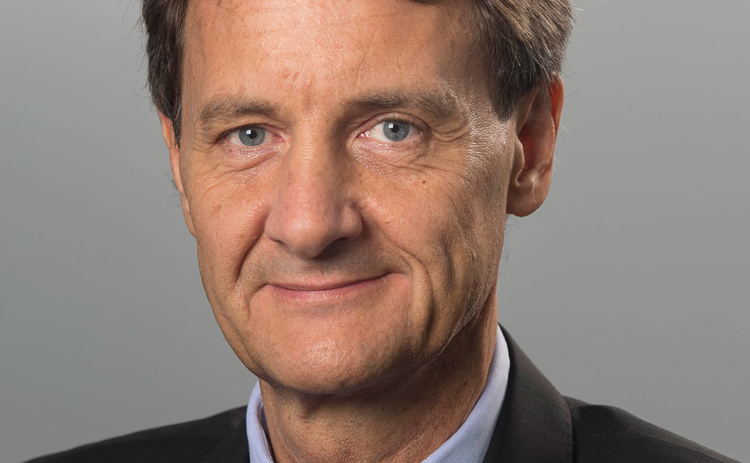Governors of central banks globally see rising interest rates as the most significant risk they would face in 2018, with overvalued asset markets and the unwinding of quantitative easing (QE) also of concern.
This is a key finding in a new survey of 79 reserve managers responsible for $5.5 trillion or 54 percent of the world’s total reserve assets.
Sixty per cent of respondents, 41 central banks, said they saw rising interest rates as the most significant risk they face in 2018. In response, many are looking to shorten duration on their largely fixed income portfolios.
According to a statement from Central Banking, the publishers of the book, the survey questionnaire was sent to 130 central banks in February 2018 and replies were received from 79 reserve managers by end of March, adding that the average holding of respondents was just over $69 billion.
Breakdown of the respondents by geography and economic development indicate that 15 governors responded from Africa, representing 19 percent of the total 79 respondents.
The survey findings, which are released at the weekend, form the first chapter in the book, HSBC Reserve Management Trends 2018, which is published on Monday 16 April by Central Banking Publications and sponsored by HSBC.
Furthermore, reserve managers are increasingly optimistic about the official sector investing in renminbi, with 29 participating governors, managing reserves worth $570 billion, estimating that China’s currency will account for 10-20 percent of reserves by 2020.
Commenting on the survey, Christian Deseglise, global head of central banks, sovereign wealth and public funds at HSBC said central bank governors have highlighted rising interest rates as their primary concern in 2018. This result reflects the challenges of managing portfolios that are mainly held in government bonds.
“The survey confirms the continued momentum of the renminbi. Respondents on average predicted that it will reach 8.5 percent of global reserves by 2020 – which would represent a very large increase from the latest IMF published level of 1.2 percent as at end 2017,” he noted.
“These results highlight the growing integration of environmental, social and corporate governance (ESG) criteria into investment management. Ten percent of respondents already employ ESG policies, and a number signaled their intention to incorporate ESG principles into new and existing portfolios. Significantly, Banque de France last week released a responsible investment charter covering its own investments,” Deseglise added.
He said having a global view, which is not only addressing challenges but also seizing the opportunity is more crucial than ever, HSBC is well placed to advise central bank governors on these tasks.









